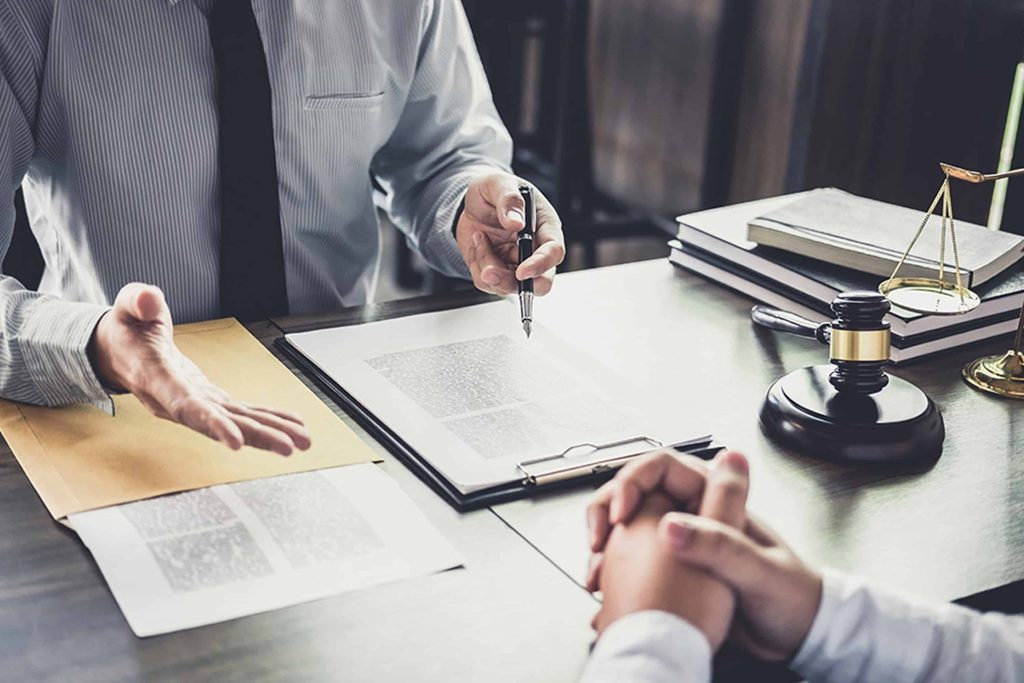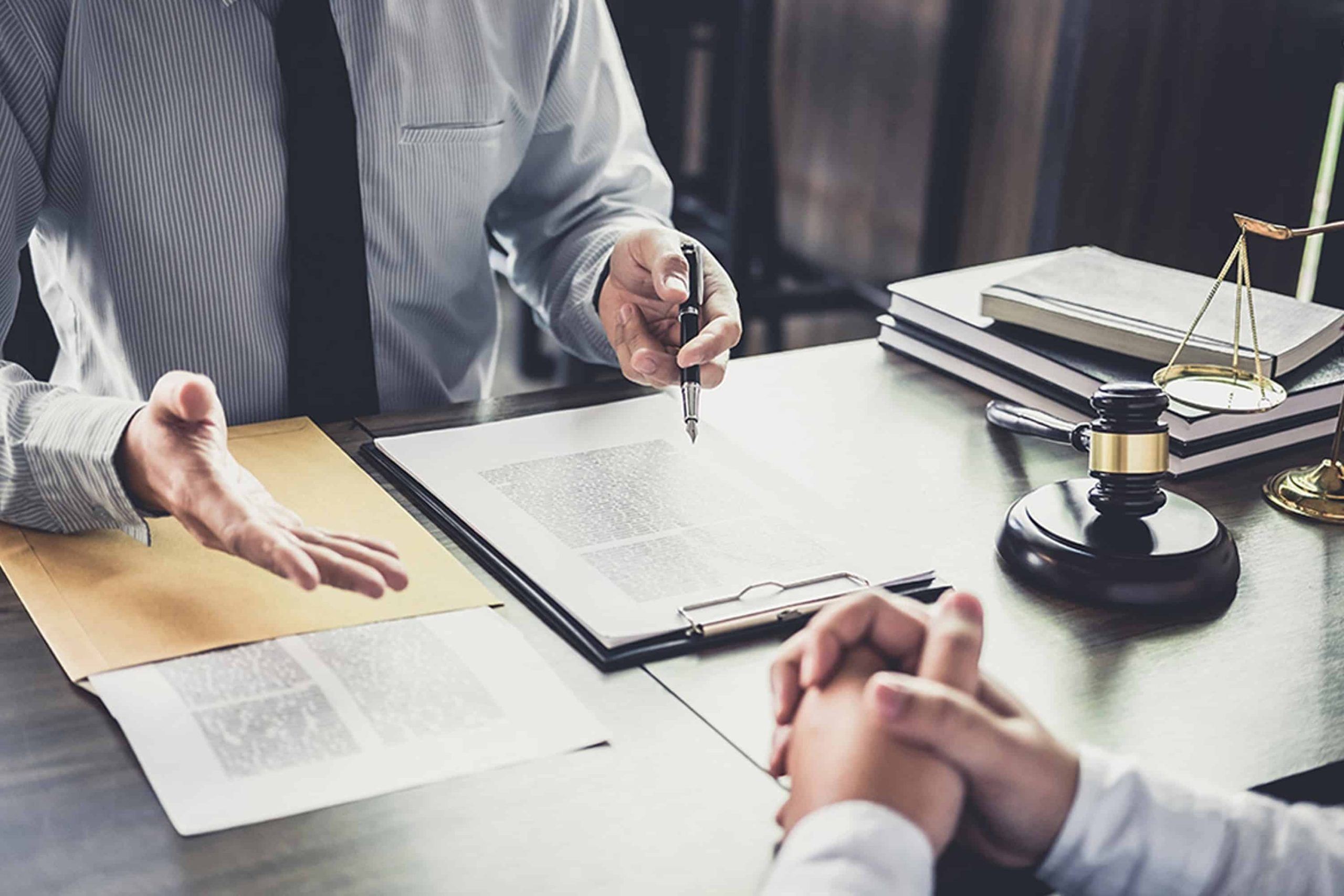
When seeking legal advice and representation for a personal injury case, it’s important to approach the initial meeting with a personal injury attorney in a prepared and organized manner. Proper preparation beforehand can help maximize the effectiveness of your meeting and ensure that you provide all the necessary information for your case. In this blog post, we will guide you through essential steps to take before meeting with a personal injury attorney, enabling you to make the most of your consultation.
1. Gather Relevant Documents:
Compile all relevant documents related to your personal injury case. This includes accident reports, medical records, photographs, insurance policies, correspondence with insurance companies, and any other documents that pertain to the incident. Organize them in a logical manner, making it easier for your attorney to review and understand the details of your case.
2. Document Your Account of the Incident:
Write down a detailed account of the incident while the events are still fresh in your memory. Include information such as the date, time, location, weather conditions, and a step-by-step narrative of what transpired. Be as specific and accurate as possible, as this account will serve as a valuable resource for your attorney to understand the circumstances surrounding the incident.
3. List Witnesses:
Compile a list of potential witnesses who were present during the accident or have relevant information about the incident. Include their names, contact information, and a brief description of their connection to the incident. This list will assist your attorney in conducting further investigations and gathering evidence.
4. Outline Your Injuries and Medical Treatment:
Document any injuries you sustained as a result of the incident and the medical treatment you have received or are currently undergoing. Include details about hospital visits, surgeries, medications, rehabilitation, and any other medical procedures or therapies. This information will help your attorney assess the extent of your injuries and calculate the potential damages you may be entitled to.
5. Create a List of Questions:
Prepare a list of questions you have for the personal injury attorney during the meeting. Consider asking about their experience with similar cases, their approach to handling your case, the potential timeline, and the likelihood of success. Having a prepared list will ensure that you cover all your concerns and gain a better understanding of the legal process.
6. Research State Laws and Limitations:
Familiarize yourself with the laws and limitations specific to your state regarding personal injury claims. Each jurisdiction has different statutes of limitations and other legal requirements that must be adhered to. Understanding these factors will help you have more informed discussions with your attorney and ensure that your case is handled within the appropriate legal framework.
7. Determine Your Goals and Expectations:
Before meeting with a personal injury attorney, reflect on your goals and expectations for the case. Consider the desired outcome, such as compensation for medical expenses, lost wages, pain, and suffering, or other damages. Clarify your objectives so that you can effectively communicate them to your attorney, enabling them to strategize accordingly.
8. Bring Relevant Contact Information:
Ensure that you have the contact information for all parties involved in the incident, including the other party’s insurance details. It is also important to provide your attorney with your own contact information, including phone numbers, email addresses, and a reliable mailing address. This information will facilitate communication throughout the legal process.
Preparing adequately before meeting with a personal injury attorney is essential to maximize the effectiveness of your consultation and ensure that your case receives the attention it deserves. By gathering relevant documents, documenting the incident, compiling witness information, and outlining your injuries and medical treatment, you provide your attorney with valuable resources for building your case. Researching state laws, setting goals, preparing questions, and having essential contact information ready will further enhance your preparedness.

